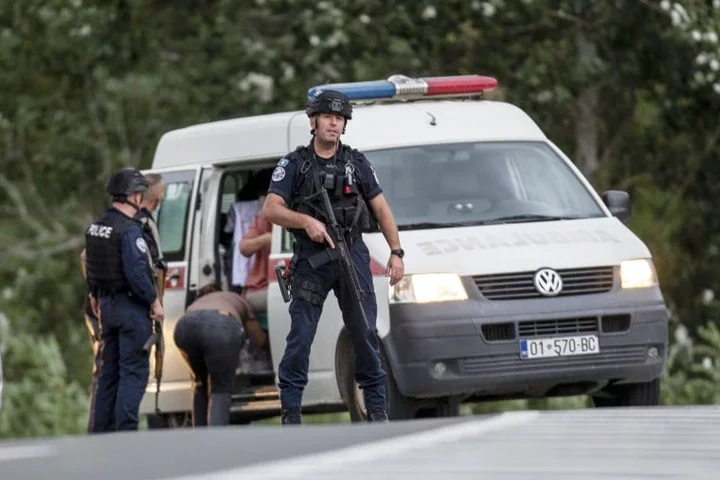
Ethnic Serb gunmen in armored vehicles stormed a village in north Kosovo on Sunday, battling police and barricading themselves in a monastery in a resurgence of violence in the restive north that killed four people.
The siege centered on a Serbian Orthodox monastery near the village of Banjska in the Serb-majority region where monks and pilgrims hid inside a temple as a shootout raged.
A group of Kosovo Serbs positioned trucks on a bridge into the village, shooting at police who approached them, before the battle moved to the nearby monastery, according to accounts by both Kosovo police and Serbian President Aleksandar Vucic.
The gunmen had left the monastery by night, the Serbian Orthodox Church said, though it was unclear where they went.
Vucic said the action was a rebellion against Kosovo's Prime Minister Albin Kurti, who has refused to form an association of Serb municipalities in north Kosovo. "Serbia will never recognize independent Kosovo, you can kill us all," he said.
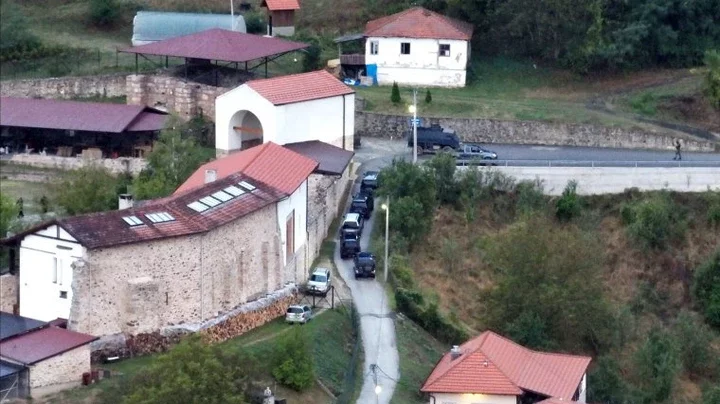
The head of the U.N. mission in Kosovo, Caroline Ziadeh, and European Union foreign policy chief Josep Borrell condemned the violence.
Borrell talked with both Kurti and Vucic, according to his office.
NATO troops, along with members of the E.U. police force EULEX and Kosovo police, could be seen patrolling the road leading to Banjska, according to a Reuters reporter nearby.
Kosovo border police closed two crossings with Serbia.
Serbs in north Kosovo have long demanded the implementation of a EU-brokered 2013 deal for the creation of an association of autonomous municipalities in their area.
E.U.-sponsored talks on normalizing relations between Serbia and Kosovo stalled last week, with the bloc blaming Kurti for failing to set up the association.
Pristina sees the plan as a recipe for a mini-state within Kosovo, effectively partitioning the country along ethnic lines.
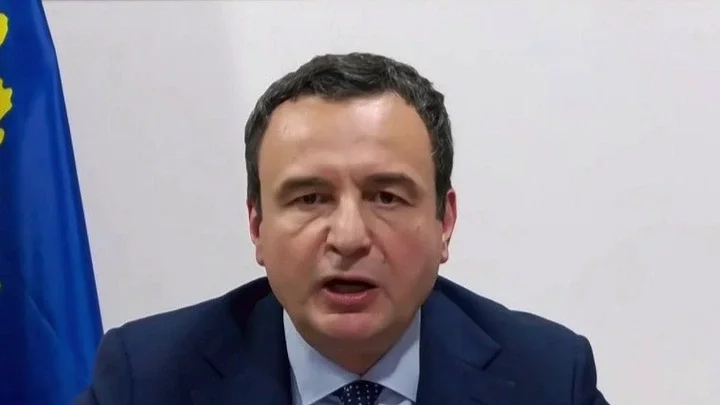
Serbia still formally deems Kosovo to be part of its territory, but denies suggestions of whipping up strife within its neighbor's borders. Belgrade accuses Pristina of trampling on the rights of minority Serbs.
Unrest intensified when ethnic Albanian mayors took office in north Kosovo after April elections the Serbs boycotted.
Clashes in May injured dozens of protesters and NATO alliance peacekeepers.
NATO retains 3,700 troops in Kosovo, the remainder of an original 50,000-strong force deployed in 1999.
The area of north Kosovo where Serbs form a majority is in important ways a virtual extension of Serbia. Local administration and public servants, teachers, doctors and big infrastructure projects are paid for by Belgrade.


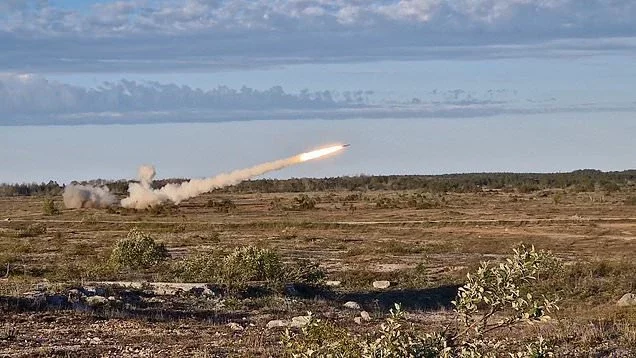
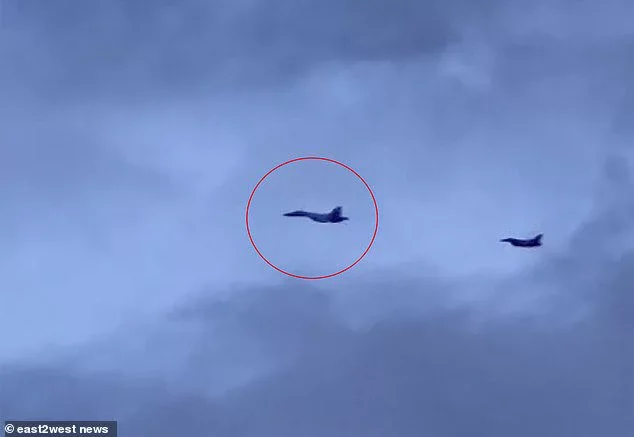
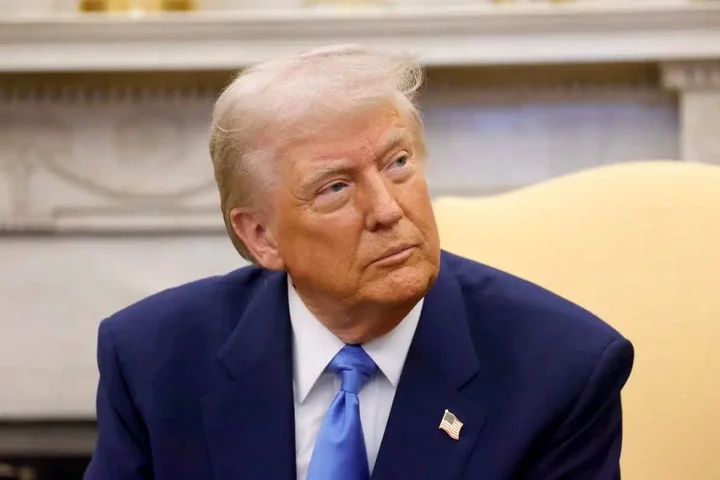
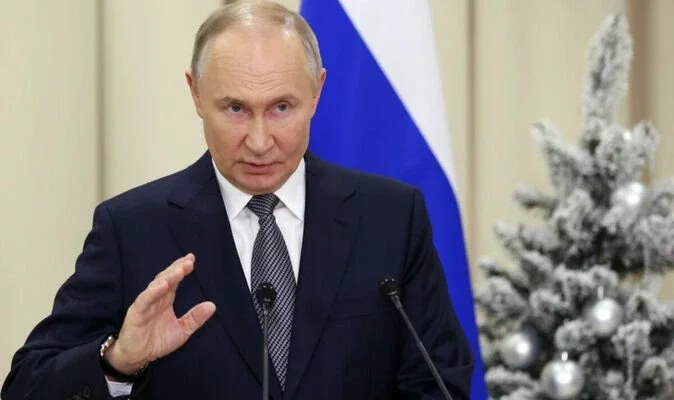
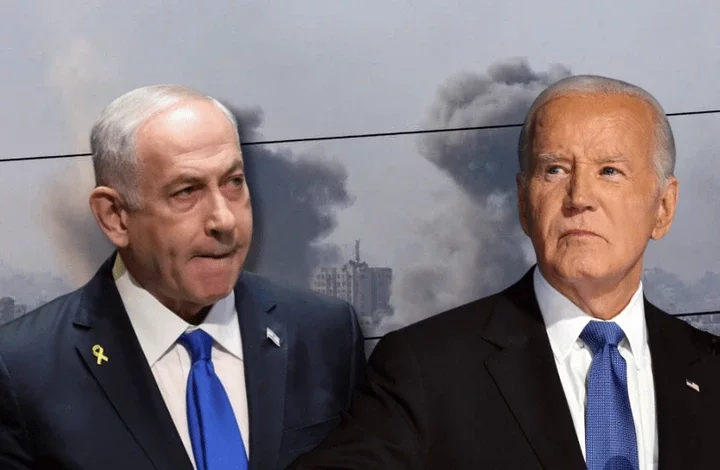

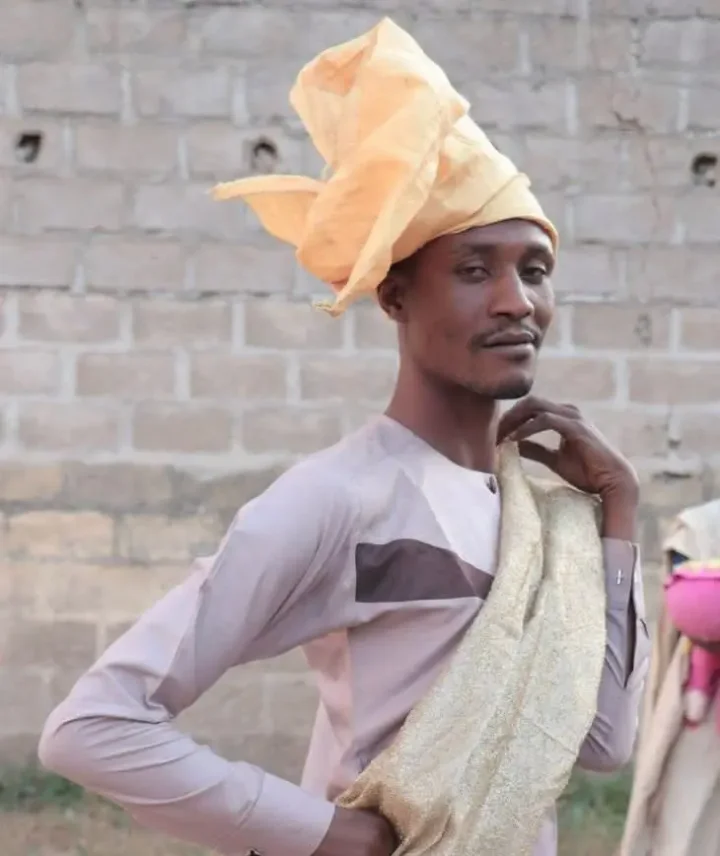



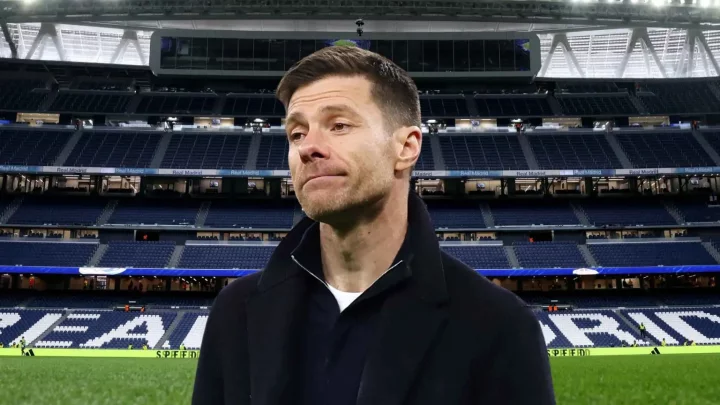



Comments